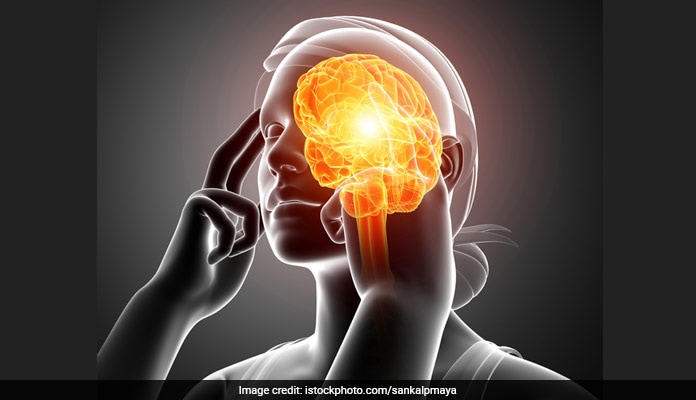Playing video games weakens the brains of young people and puts them at greater risk of dementia in later life, a new research suggests.

Video games and brain development
HIGHLIGHTS
- Playing video games weakens the brains of young people
- Gaming leads to changes in the brain
- Video games may be harming the ability to retain memories
Playing video games weakens the brains of young people and puts them at a greater risk of dementia in later life, a new research suggests. In the study, published in Molecular Psychiatry, lead author Greg West, an associate professor of psychology at UdeM, reveals that habitual players of action games have less grey matter in their hippocampus, which is a major part of the brain. And the more depleted the hippocampus becomes, the more a person is at risk of developing brain illnesses and diseases ranging from depression to schizophrenia, PTSD and Alzheimer's disease.
Scientists behind the research have cautioned doctors against recommending video games as a means of boosting older people's cognitive function, warning them as the activity may be harming their ability to retain memories.
West who did the study in collaboration with McGill University associate professor of psychiatry Veronique Bohbot said "Video games have been shown to benefit certain cognitive systems in the brain, mainly related to visual attention and short-term memory." "But there is also behavioral evidence that there might be a cost to that, in terms of the impact on the hippocampus."
"That's why we decided to do a full neuro-imaging study, scanning the brains of habitual players of action video games and comparing them to non-players, and what we saw was less grey matter in the hippocampus of habitual players. We then followed that up with two longitudinal studies to establish causality, and we found that it was indeed the gaming that led to changes in the brain."
The new study shows gaming has been shown to stimulate the caudate nucleus more than the hippocampus; 85 per cent of players rely on that part of the brain to navigate their way through a game. The problem is, the more they use the caudate nucleus, the less they use the hippocampus, and as a result the hippocampus loses cells and atrophies..
"If action video games lead to decreases in grey matter in the hippocampus [of young adults], caution should be exerted when encouraging their use... [by] children, young adults and older adults to promote cognitive skills such as visual short-term memory and visual attention," the study says. Indeed, the "results suggest that improvement in such cognitive skills may come at a cost."
Specifically, patients with Parkinson's disease combined with dementia, as well as those with Alzheimer's disease, schizophrenia, depression or PTSD - all of whom have less grey matter in their hippocampus - "would not be advised to [follow] action video game treatments," according to the study.
DoctorNDTV is the one stop site for all your health needs providing the most credible health information, health news and tips with expert advice on healthy living, diet plans, informative videos etc. You can get the most relevant and accurate info you need about health problems like diabetes, cancer, pregnancy, HIV and AIDS, weight loss and many other lifestyle diseases. We have a panel of over 350 experts who help us develop content by giving their valuable inputs and bringing to us the latest in the world of healthcare.














